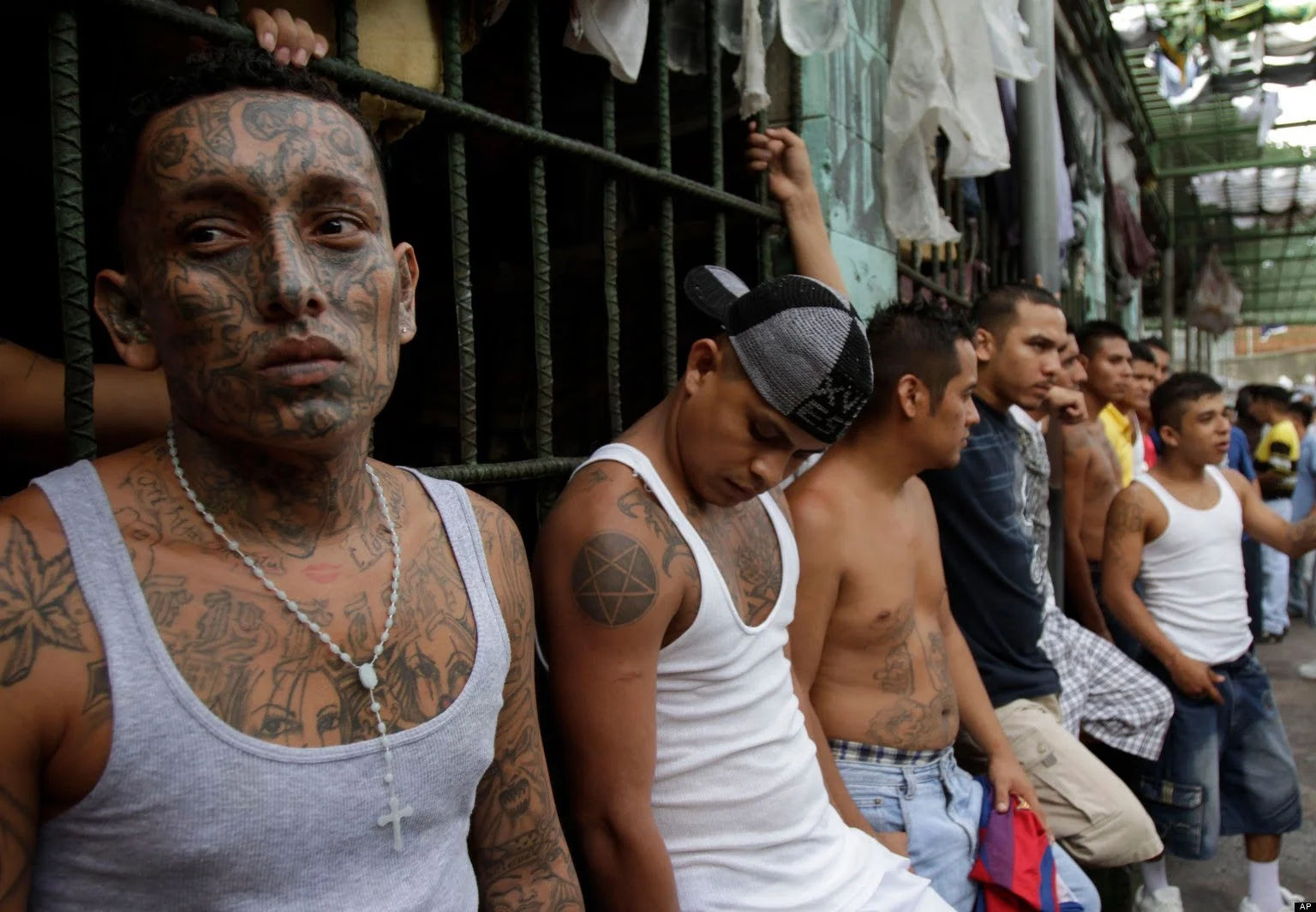Ecuador’s government needs $1.02 billion to fund its response to the escalating violence from organized crime groups in an internal armed conflict.
These groups have been labeled as “terrorists” by the government. The country’s economic authorities recently announced this financial requirement.
Deputy Minister of Finance Daniel Falconí, together with Juan Carlos Vega, the Minister of Economy and Finance, shared this information.
They did so in a joint press conference, highlighting the Armed Forces’ role in tackling these criminal groups.
This announcement is particularly timely as the government seeks support for an urgent economic law in the National Assembly.
The proposed law focuses on increasing the Value Added Tax (VAT) from 12% to 15%.

This increase aims to address both the internal conflict and the country’s broader economic and social challenges.
If passed, the government anticipates it will generate an annual net revenue of $1.306 billion.
Minister Vega stressed the necessity of the law’s approval. He cited the government’s current liquidity challenges and the need for additional state revenues.
The local economy is struggling with a significant budget deficit and outstanding debts.
These debts are owed to decentralized autonomous governments and state suppliers, totaling around $3.4 billion.
The minister warned of a potential deepening crisis. Without the law’s approval, the government could face difficulties in paying public sector salaries.
He described the funding shortage as a structural problem. Thus, he argued, the VAT increase should be more than a temporary solution.
This is because resolving an internal armed conflict with organized crime groups often takes years.
Contingency plan
Should the Legislative Assembly reject the proposal, the government has a contingency plan. This Plan “B” includes focusing on subsidies, a strategy currently under consideration.
In a recent interview, President Daniel Noboa described Ecuador as being in a “state of war”.
This situation demands significant actions and coordination with the Legislative.
He emphasized the importance of tough economic measures due to the costs associated with warfare.
Following this, he submitted the bill for the VAT increase to the National Assembly.
The Assembly has a 30-day period to review, debate, and decide on the bill. Despite this, several political groups have already expressed their opposition to the proposal.

